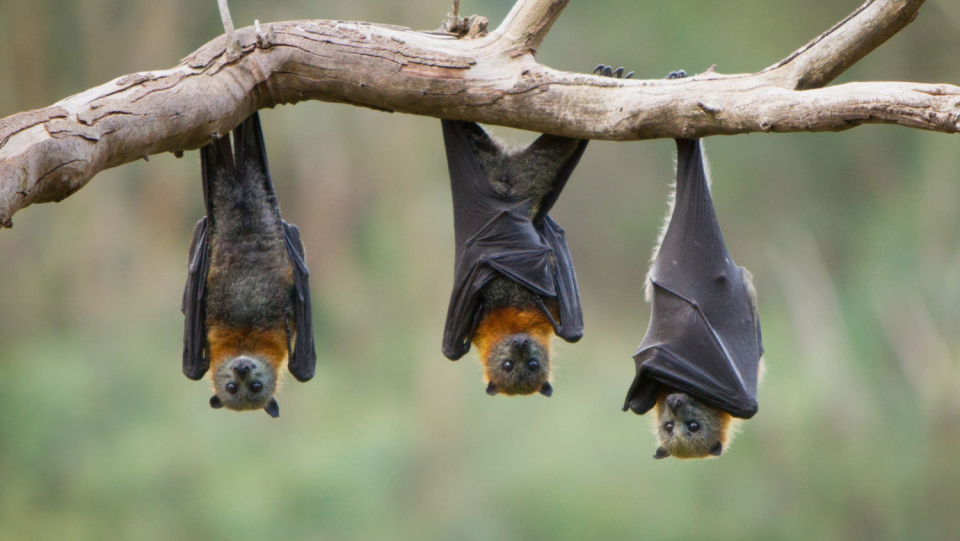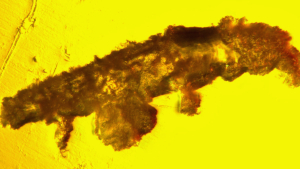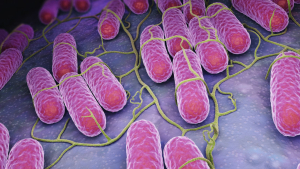People on the African continent now have a significantly increased risk of becoming infected with animal pathogens. Over the past ten years, animal-human infections have increased by 63 percent compared to the previous decade (2001 to 2011), the Africa Office of the World Health Organization (WHO) announced on Thursday in Brazzaville.
In 2019 and 2020 there was a particularly steep increase in the so -called zoonoses: According to WHO, the Ebolavirus, which is repeatedly transferred to humans, stood behind it. Further infections were triggered by the plague, for example, by the denguevirus that is transmitted by mosquitoes.
According to the WHO, monkey pox infections have been increasing since April compared to the same period last year, especially in Nigeria and the Democratic Republic of the Congo. However, more cases are now also being discovered as more is being tested. However, Africa already recorded the highest monthly cases of monkey pox in 2020.
The WHO attributes the fact that people in Africa are increasingly infected with pathogens originally native to animals in animals, primarily to the increasing consumption of animal products such as meat, milk and eggs. In addition, people now lived more and more near wildlife areas because cities became larger due to the rapid population growth. In addition, contacts between people in cities and in the country rose, since traveling has become easier through better streets in many areas.
WHO Africa Director Matshidiso Moeti warned that without appropriate countermeasures, Africa could become a hotspot for animal-human disease transmission.



















